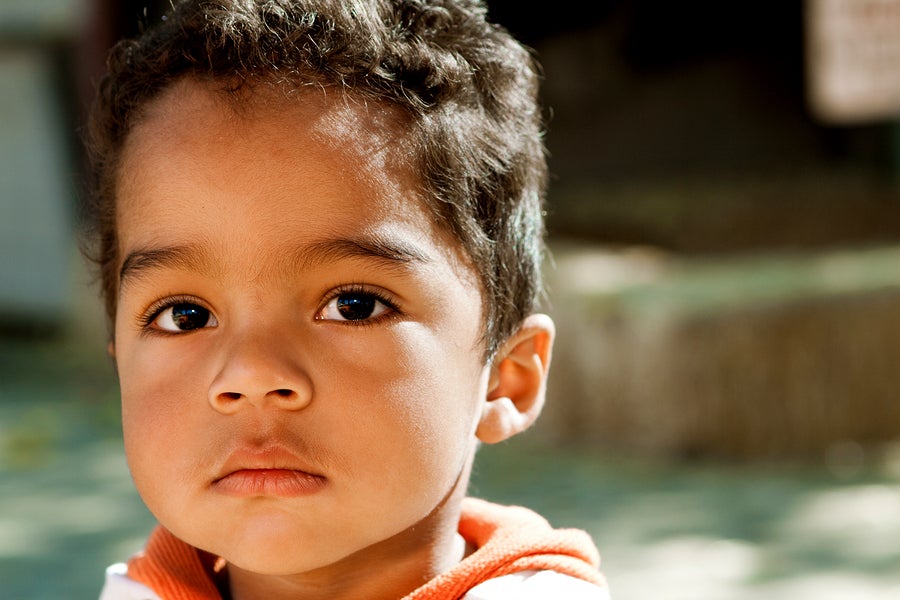Yesterday was the deadline for comments on yet another anti-immigrant proposed rule, this one targeting over 55,000 citizen children in mixed status families that rely on prorated housing assistance under current program rules. We joined other child health groups in submitting comments, underscoring the serious negative impacts of homelessness and housing insecurity for child well-being and development. Sadly, this was not the first time we’ve had to voice our opposition to a proposal that would harm children under this Administration, and I’m sure it won’t be the last. Here’s a partial re-cap of the past 2 years:
- The Department of Homeland Security proposed to radically change the U.S. immigration policy, known as public charge, to make it harder for low-income children and families to immigrate to the U.S., which could lead to between 2.1 and 4.9 million Medicaid/CHIP beneficiaries disenrolling. (And the Department of Justice is reportedly working on a similar policy to deport immigrant families already here based on benefit use.)
- The Trump Administration implemented a new, “zero-tolerance” policy at the U.S.-Mexico border, leading to thousands of children being separated from their families for months and detained in prison-like conditions.
- Even after this family separation policy came under intense public scrutiny, the Administration has continued to detain children and families in unsanitary and inhumane conditions, continuing to expose young children and adolescents to potentially irreparable harm.
- Within the U.S., the office of U.S. Immigration and Customs Enforcement (ICE) has raided thousands of workplaces and tripled the number of deportations of people without criminal convictions (compared to 2016).
In 2018, Medicaid and CHIP child enrollment declined by 912,000 children in 38 states. Though there are many factors at play in this enrollment decline, one key factor is the climate of fear that these anti-immigrant proposals have created. Evidence shows that even without finalizing proposed policies such as the changes to public charge, families are declining to participate in Medicaid, CHIP, SNAP, and WIC out of fear. That is, just by proposing these harmful policy changes, families are discouraged from participating even though they are eligible.
New research in JAMA Pediatrics found that between 0.8 and 1.9 million children with medical needs could be disenrolled from Medicaid and CHIP because of the proposed public charge rule, which could create gaps in coverage and contribute to child deaths and future disability if medical needs are unmet. This is already playing out in California, where child enrollment in Medi-Cal has started to decline among immigrant kids.
The fact that we are seeing real-world consequences even without these harmful policies being finalized is not surprising, and worse yet, I think it’s intentional. The climate of fear this Administration has created is not a side effect of their policy agenda, it’s the goal. And it’s working.


